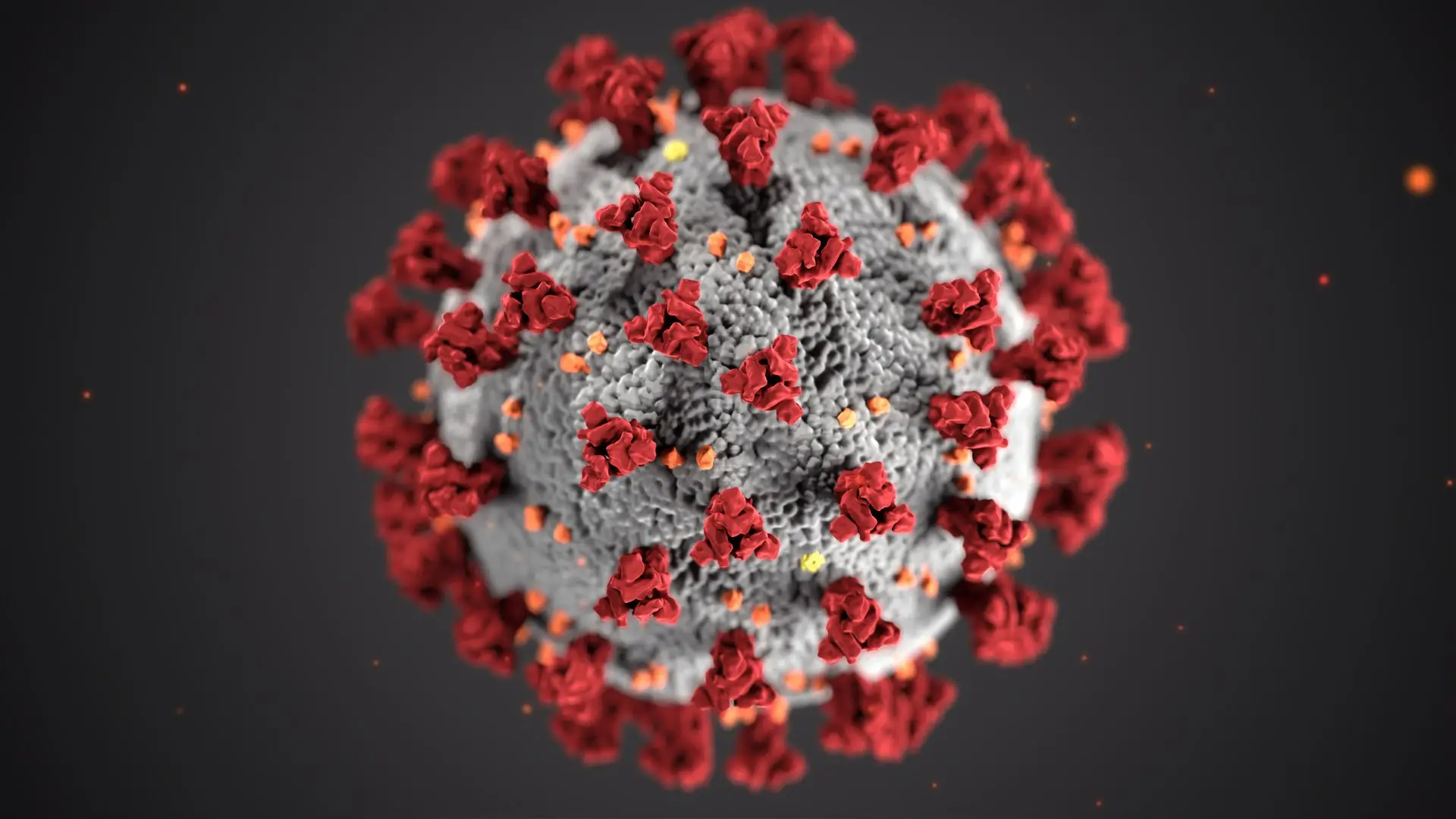The intricate link between HPV and cervical cancer
Bismillah
HPV (Human Papilloma Virus) is the commonest STD (sexually transmitted disease). It may cause no symptoms at all.
HPV is known to cause genital warts, warts in the mouth and oral cavity. It may also cause cancer of the genital tract, anal cancer, as well as cancer of the head and neck.
Nearly all cases of cervical cancer (cancer of the neck of the womb) are caused by HPV.
With other cancers, the association with HPV is not so strong.
What is HPV?
HPV is a group of around 100 different viruses.
8 in 10 people who have had intimate relations are infected with HPV. It can happen with a single contact.
It may cause no symptoms at all.
Some of these sub-types are high-risk. They are linked to the development of cancer.
Others are low-risk. They are likely to cause genital warts. They do not generally cause cancer.
Your immune system can clear the infection. This happens in 8 in 10 people within 2 years of infection.
In others, the infection persists. If the infection is with high-risk HPV, it makes the cells of the cervix undergo some changes. This leads to precancer.
If not detected and treated, this changes into cancer of the cervix after many years.
Screening smear test

All women between the ages of 25-64 are invited for a screening test in the UK.
Between the ages of 25-49, screening is every 3 years.
Between the ages of 50-64, screening is every 5 years.
A smear test is done and tested for high-risk HPV.
If high-risk HPV is found, the cells are then seen under the microscope to look for pre-cancer changes.
If pre-cancer changes are found, you will be invited for an examination called colposcopy.
A colposcopy is an examination of the neck of the womb and the surrounding areas with the help of a microscope.
It is done in the clinic, much like an internal examination.
If any abnormal area is seen, a small tissue (biopsy) is taken and sent for examination.
The biopsy result can take a couple of weeks to come back.
If it is normal, you go back to your normal screening schedule, 3-yearly or 5-yearly, as the case may be.
If it shows pre-cancer changes, you may need treatment.
If pre-cancer changes are mild, you may be called for a repeat colposcopy in a few months’ time. This is because mild changes can reverse on their own. Your immune system can get rid of the virus and the abnormal changes.
If precancer changes are severe, you will need treatment which is a loop biopsy. The whole area of abnormal cells is removed and sent for examination. If examination under a microscope shows that all cells have been removed, you will not need any further treatment.
In some cases, depending on the extent and severity of abnormal cells, some women will need a hysterectomy.
There are 3 different vaccines available against HPV targeting the high-risk types.
In the UK, girls and boys are offered the vaccine at 12-13 years of age.
2 doses are given, the 2nd 6-24 months after the 1st dose.
Protection lasts for around 10 years.
As the vaccine protects against some high-risk HPV but not all of them, you still need to go for screening tests from the age of 25.
In theory, if you have a vaccine AND keep up with your screening, your chances of getting cervical cancer reduce dramatically.
In a large study of 1.7 million women, if the vaccine was given to girls before the age of 17, there was a 90% decrease in cervical cancer. This study followed up vaccinated girls for 11 years from 2006 through 2017.
The time period between the development of severe pre-cancer to cancer of the cervix has been estimated to be 23+ years, ample time to catch it and treat it early.
1.6% progressed to cancer in 10 years’ time.
If you go for screening, there is plenty of opportunity for these cases to be detected and treated.
So cervical cancer is one of those cancers which is preventable and treatable.
Cancer screening programmes
There are 3 cancer screening programmes in the UK:
- Cervical cancer screening
- Breast cancer screening
- Bowel cancer screening
It is extremely important to keep your appointments. If cancer is detected early, the chances are they are still in the early stages and can be treated effectively, at times achieving a complete cure.
If you live in countries where there is no official cancer screening programme, I suggest you read my handbook on cancer screening.
I am in the process of writing it.
It should be available for free download from my site in the next few weeks.
